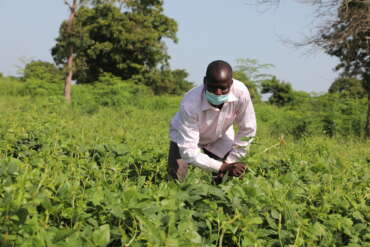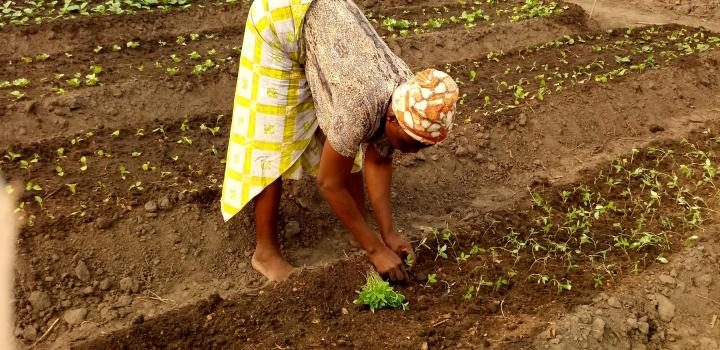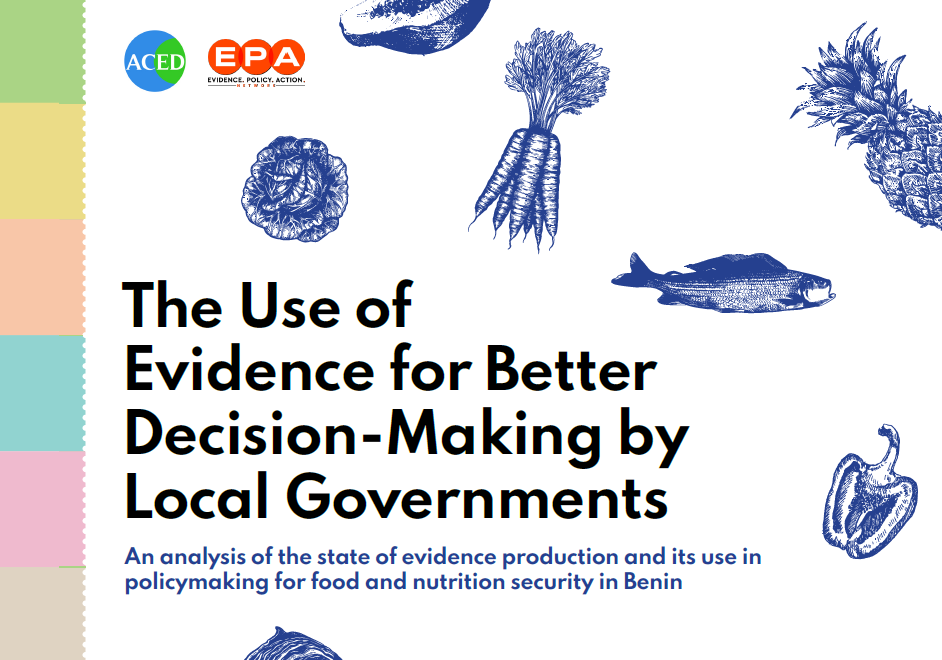A Rapid Food Security Appraisal among 240 rural and urban dwellers in southern Benin was conducted, using univariate and bivariate analyses, to evaluate the effects of the imposed COVID-19 ‘cordon sanitaire’ on food consumption patterns. As this is one of the first empirical studies on the COVID-19 food security nexus, we found that the raging pandemic has affected the food security pillars (availability, accessibility, utilization, and stability) in both rural and urban areas, within and outside the cordon sanitaire.
The steepest decline was observed among respondents who live inside the cordon sanitaire, where rural producers and urban inhabitants without access to allotment gardens were hit hard. Increased food prices, disruptions in food logistics, and inability to work due to movement restrictions were most frequently indicated as reasons for the decline. Access to allotment gardens effectively supported households in mitigating the effects of the COVID-19 pandemic on the food crisis. View Full-Text
Keywords: SARS-COV2; COVID-19; cordon sanitaire; food diversity; diet patterns; urban agriculture; food supply; food systems; poverty; food policies; economic recovery
This article was published in the MDPI journal



